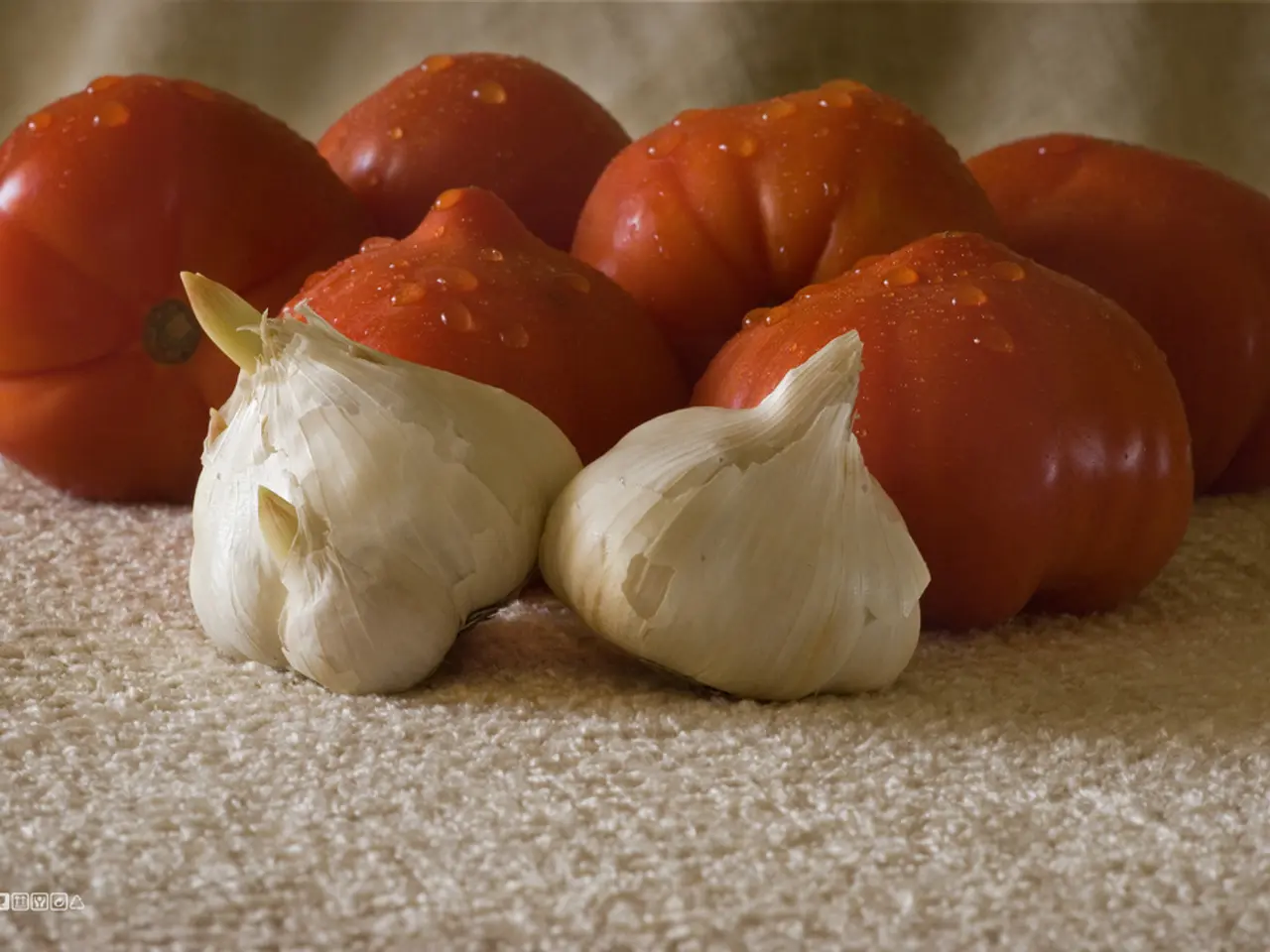Unveiled Deception in Cooking Oil: HSRW Graduate Honored for Evidence of Oil Fraudulent Practices
Breakthrough in Food Science: Kilian Visser's Method for Detecting Adulterations in Edible Oils
Kilian Visser, a Food Science graduate, has developed a ground-breaking method for the quick and precise detection of adulterations in plant-based edible oils. This innovation, which has been praised for its high scientific standards and solid foundation, could significantly strengthen consumer trust in the food industry [1].
Visser's method, which uses Raman spectroscopy, allows for the 'chemical fingerprinting' of edible oil samples. He analysed 27 samples from 15 different oil types using a Raman microscope, and as a result, created a database of around 1,800 Raman spectra [1].
The method, when applied to native olive oil, can reliably detect refined sunflower oil at a concentration as low as 0.25 percent [1]. This is particularly significant as the problem of adulteration in edible oils, particularly olive oil, is a significant economic issue, especially in Europe.
Visser's innovation combines established investigation methods with modern machine learning procedures, making it a powerful tool in the fight against food fraud. His work has the potential to reshuffle the cards in this battle, ensuring that consumers are protected from fraudulent products [1].
The development of portable systems for Visser's method could also make a significant contribution to consumer protection. With measurements taking only a few seconds, this method could be integrated into routine industry testing and regulatory inspection, thus helping maintain the integrity and reputation of edible oil products [1].
Visser's master's thesis, supervised by Prof. Dr. Florian Kugler and Thomas Tewes, explored the potential of Raman spectroscopy for detecting adulterations in edible oils. His work has been recognised with the 2025 Young Scientist Prize of the Heinrich Stockmeyer Foundation [1].
Currently, Visser works as a research assistant in the food science department of the same faculty where he studied. His work continues to contribute to consumer protection and quality control in the food industry, enabling rapid, precise, and accurate authentication of edible oils [1].
[1] Source: Visser, K., Gareis, M., Kugler, F., & Tewes, T. (2022). Rapid and precise detection of adulterations in plant-based edible oils using Raman spectroscopy and machine learning. Food Chemistry, 338, 128030.
- Kilian Visser's method for detecting adulterations in edible oils, developed through his studies in health-and-wellness-focused science, could stimulate lifelong learning in food-and-drink education, particularly in the realm of healthy-cooking and global-cuisines.
- This innovative approach to food science, based on the principles of science and machine learning, reflects the integration of education-and-self-development with online-education, encouraging a deeper understanding of food authenticity and quality-control.
- As a recipient of the prestigious 2025 Young Scientist Prize of the Heinrich Stockmeyer Foundation, Visser's work showcases the importance of nutrition in the context of health-and-wellness, and the impact of science on lifestyle choices.
- The fitness-and-exercise community could benefit from Visser's research as well, as the demand for nutritious food, especially in the context of cooking and meals, is a critical aspect of maintaining overall well-being.
- By making the method portable, the potential for wide-scale application in food-and-drink industries increases, which can lead to improvements in health-and-wellness, and foster a culture of health-consciousness and mindful food consumption.
- The fight against food fraud, often an issue in the health-and-wellness industry, can be bolstered by Visser's work, ensuring that consumers adopt a healthier lifestyle through the consumption of authentic food-and-drink products.
- Ultimately, Kilian Visser's work in food science, aimed at detecting adulterations in edible oils, serves as a paradigm for the power of science in promoting health, wellness, and the overall improvement of the global lifestyle.




